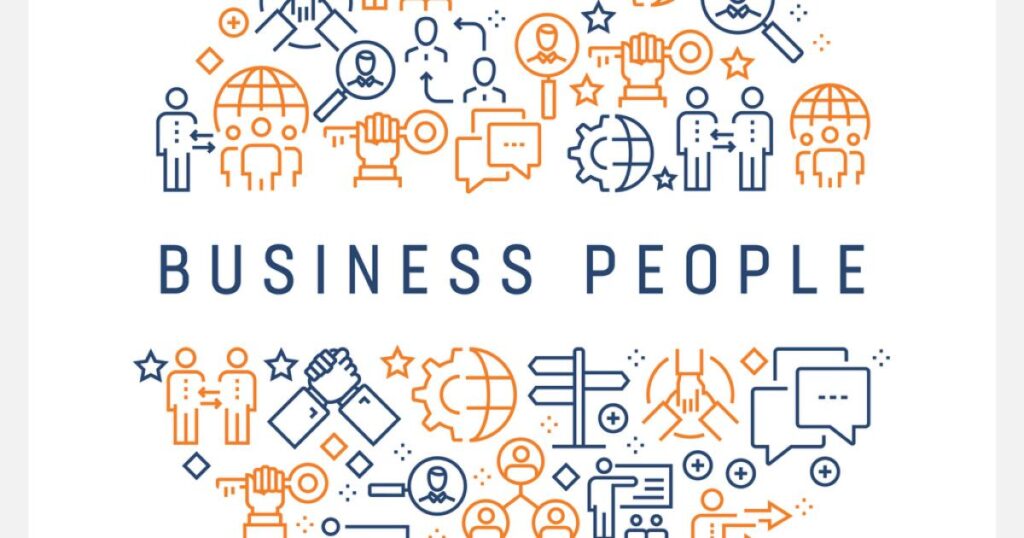Everyone has an idol.
When I worked in Hollywood, I wanted to be Frank Capra or Preston Sturges. When I moved into the world of real estate development, I wanted to be Frank Gehry. And when I transitioned back into entrepreneurship (and by transition I mean getting fired, quitting, or not being able to find a job), I wanted to study one person: Dan Kahneman. I did. He passed away a few weeks ago at the age of 90. He is the father of behavioral economics.
He asked and answered the simplest questions. Why do people do stupid things, often acting in their own worst self-interest?
I respect him and have read all the books he has written. After all, he was Jewish and nervous, and so was I. Perhaps that will make his success mine. Unfortunately that was not the case. I won't talk about his life. It was great, so check out Wikipedia if you're interested.
His observations are important when thinking about entrepreneurship. A famous study from Harvard Business School interviewed 100 venture capitalists and asked them what the main reasons they observed were when their companies failed. Their answer was that the founders didn't get along. The study also found that “four out of five entrepreneurs are forced to step down from their CEO role at some point.”
Wall Street Journal columnist Jason Zweig said Kahneman considers himself an outsider. “He embodied the ultimate form of self-awareness, which above all else is to distrust yourself.” A fitting tribute to Danny (as everyone called him) I wrote this rule in my first book: “More money is lost through neurotic behavior than through bad business decisions.”
Trust me, I know who I'm talking about.
I recently attended an event where more than a dozen companies talked about their technology, roadmaps, and more. There was a group of investors in the room representing potentially $500 million in additional financing. At the end of the presentation, I asked the person in charge if the company's CEO had practiced his pitch beforehand. Not that he noticed.
It's obvious. After all, actors rehearse before going on stage.
Every investor talks about the importance of the team, but the hardest part is examining the DNA chemistry of the founders/co-founders. When they run out of cash, do they reduce their burn rate or double it? How positive are they when challenged?
Recently I had lunch in a van with some old friends from VC. The problem was on the table. How do you deal with unscrupulous lawyers, unreasonable cram loans, and business owners who ask for bail? I don't know the final answer, but think about it. The problem is always the same: humans.
Let's think about the assumptions. I had a conflict with a vendor. He felt he didn't get what he bargained for. The dispute centered on a $3,200 difference. I made a deal with him because I teach negotiation. You choose any number between the full invoice amount and my offer.
Great, put the blame on someone else. My assumption is that he will understand my argument, acknowledge my feelings, choose fairness, and split the difference. no. He came back with his $3,150 and I cut him a check. That's about the extent of my understanding of human behavior.
I've invested in founders who are committed to leadership, open to coaching, and have a strong desire to build strong companies. Once the check has cleared, your phone will be powered off.
My next company will develop a self-awareness scale that measures tendencies toward borderline irrationality, or behavioral dysfunction.
Kahneman pointed out our biases, our misplaced assumptions. One of his key insights is the “base rate.” Before starting anything, he says, “all important decisions should begin with an understanding of the objective probability of success, considering the range of historical outcomes in similar situations.” says.
If you do that, even if the odds of winning are slim, that doesn't mean you shouldn't try. That means you need to be realistic about your optimism. Sure, we know that someone wins the lottery, but a reasonable amount of math study can shed a bright light on reasonable risk and reward.
I love Danny Kahneman.
Rule No. 805: “Nothing in life is as important as you think it is.”meanwhile you are thinking about it. ” — Dan Kahneman
Senturia is a serial entrepreneur who invests in startups.Email your ideas neil@unicornhunter.ai.


